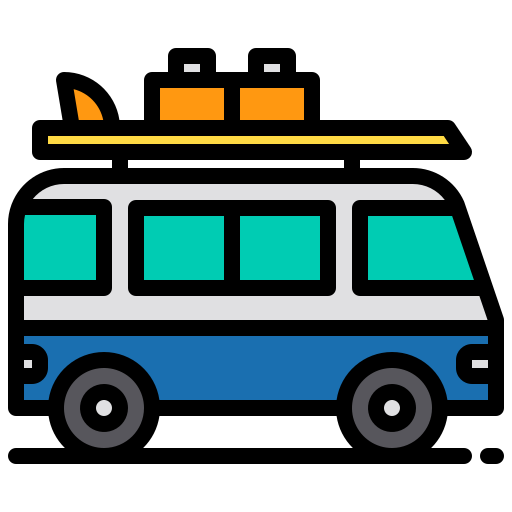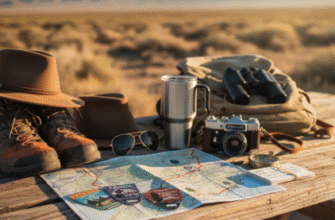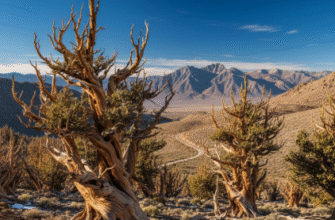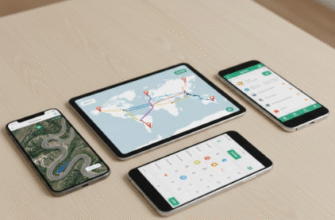I used to think free museums were just a Tuesday afternoon thing at dusty local history centers.
Turns out—and I only figured this out after dragging my kids through three paid admissions in one weekend—there’s this whole parallel universe of genuinely free access to world-class institutions, and honestly, it’s kind of overwhelming once you start looking. The Smithsonian Institution operates 19 museums and the National Zoo, all perpetually free, which sounds impossible until you remember they’re federally funded and the whole point is public access. But here’s the thing: most people don’t realize that even paid museums usually have free days, often tied to specific community programs or corporate sponsorships, and if you’re willing to plan around those schedules—first Thursdays, Bank of America weekends, whatever—you can basically recieve the same experience without the $25-per-person sticker shock. I’ve seen families skip exhibits they’d love because they assume cost is fixed, when really it’s just about timing and knowing where to look.
Digital Collections That Actually Rival Physical Visits (Sometimes Better, I Guess)
The British Museum digitized roughly 4.5 million objects, give or take, and you can examine them in higher resolution than you’d ever get pressing your face against gallery glass. Google Arts & Culture partnered with over 2,000 institutions globally, offering virtual tours that let you zoom into brushstrokes on Vermeer paintings or walk through the Palace of Versailles at 3am in your pajamas, which—wait—maybe that’s not the intended use case, but it works. The Metropolitan Museum of Art released 492,000 high-res images into the public domain, meaning you can download, print, remix, whatever, no permission needed. What surprised me was how these digital archives often include storage pieces never displayed physically, the weird experimental ceramics or minor sketches that curators rotate out.
Public Library Systems As Stealth Educational Powerhouses Nobody Talks About Enough
Anyway, libraries evolved way beyond books.
Most urban library systems now offer free museum passes through programs like Discover & Go or similar regional platforms—you reserve them online like library books, print a pass, and suddenly you’ve got timed entry to science centers or botanical gardens that normally charge $18-30. The New York Public Library gives cardholders free access to thousands of academic journals through JSTOR and databases like Mango Languages for learning 70+ languages, which is frankly absurd value that almost nobody uses. I guess it makes sense that physical branches also host free lecture series, workshops on everything from coding to genealogy, and makerspaces with 3D printers or recording equipment, but the utilization rates suggest most people still see libraries as just book repositories.
University Resources Leaking Into Public Access Through Creative Licensing and Open Courseware Movements
MIT OpenCourseWare published over 2,500 courses—full syllabi, lecture videos, problem sets—completely free since 2001, no registration required. Harvard and other institutions followed with similar models, and while you don’t get credit or instructor feedback, you definately get the same curriculum their paying students recieve. The thing is, this works best if you’re self-motivated and comfortable with academic rigor, because there’s no hand-holding.
Yale’s Open Yale Courses focus on introductory-level material with full video lectures, which feels more accessible for casual learners, and Khan Academy partnered with institutions like MoMA and NASA to create specialized content that bridges formal education with cultural enrichment. I’ve noticed the quality varies wildly—some professors are natural educators on camera, others seem like they’re being held hostage by the recording equipment—but the breadth is genuinely staggering. Coursera and edX offer free audit options for university courses, though they’ve gotten pushier about paid certificates lately, and honestly the user experience has degraded as they chase monetization, but the core content remains accessible if you navigate around the upgrade prompts.
Community colleges often open certain lectures and events to the public, and local astronomy clubs or natural history societies run free programs that rival paid alternatives, assuming you can tolerate the variable presentation quality and occasionally passionate-but-disorganized volunteers.









